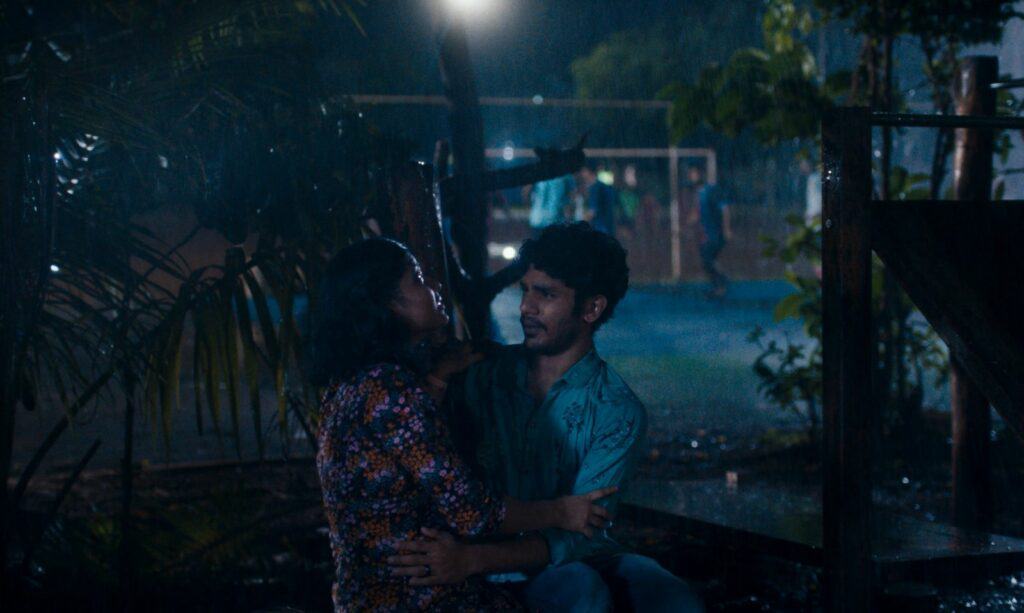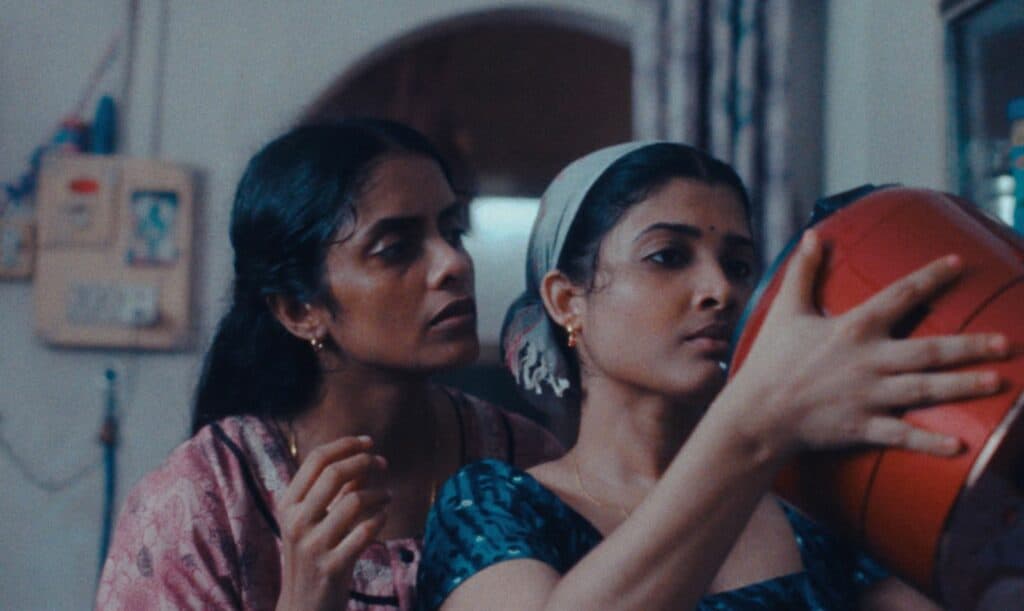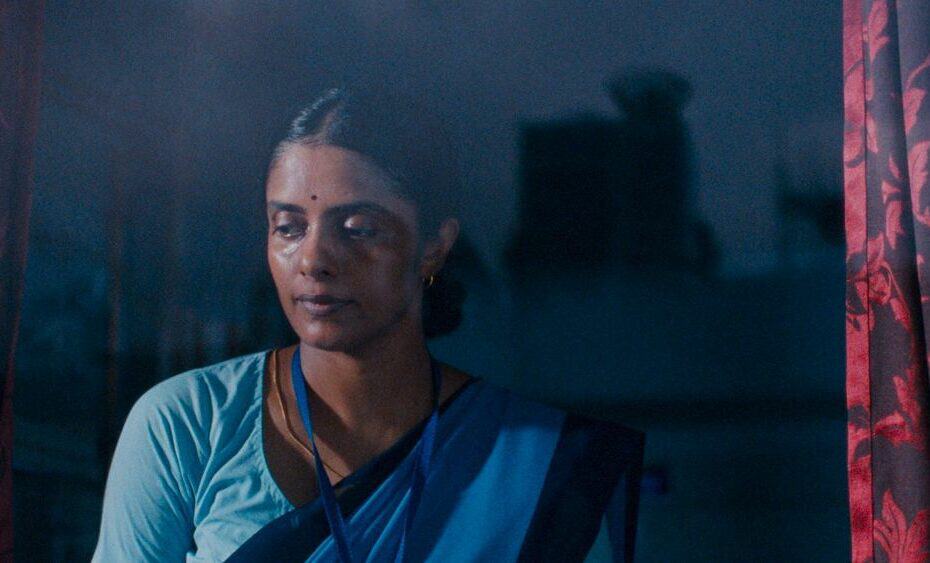All We Imagine as Light is the sophomore feature by Payal Kapadia. Her first work was the documentary A Night of Knowing Nothing, which was screened at the Cannes Film Festival in the Quinzaine des Réalisateurs section in 2021 and won the Œil d’Or for Best Documentary that year. The film had its press screening at 22.15 on the penultimate competition day. A slot that was far from ideal, and many people at that screening were tired or even sleeping. In addition, Kapadia’s film is a gentle work, and it is evident that the setting was not ideal. In comparison, The Substance would have ruined anyone’s sleep.
As an interesting side note, this was the first Indian film to compete at Cannes since My Own (Swaham) by Shaj N Karun appeared in the competition in 1994—a fact the Indian press was quick to revel in. When the film won the Grand Prix, the glee, quite understandably, was even more significant. The award has an ironic ring to it since whatever description you would want to attach to this film, “Grand” would be the least appropriate. All We Imagine as Light is a quite subtle work that follows three nurses in Mumbai: Prabha (Kani Kusruti), Anu (Divya Prabha) and Parvaty (Chhaya Kadam).

All We Imagine as Light that might actually be profound
Prabha is married (by arrangement) to a man who left for Germany and hasn’t contacted her in a year. Anu is her younger colleague and also her roommate, who struggles to pay her part of the rent. She is also in love with a Muslim guy, Shiaz, which causes gossip at work and initially annoys Prabha as well. Parvaty is a widow who is being threatened that she will have to leave her apartment, where she has resided for more than 20 years since her late husband didn’t leave her the necessary papers. One day, a rice cooker is delivered to Prabha. Anu points out that it was fabricated in Germany. Could this be a sign from her remote husband?
The film moves at a leisurely pace and is just as concerned with the mood of the different locations as in relaying the stories, even though the various strands are never forgotten. It might, at times, feel like a film that is too loose for its own good, but that turns out to be an error on the spectator’s part (at least this one). All We Imagine as Light turns out to be the work of a director who knows exactly what she wants to accomplish and perfectly understands how to do it. It’s easy to use adjectives like modest or unassuming, which could be read as diminishing the film’s qualities when they actually point to the director’s skill set.

The film has a peculiar look, which made me wonder if the colour grading was actually finished. (The trailer, as seen on YouTube, looks slightly different). It happened several times in the past that films were presented at Cannes before they were finished. However, at the press conference, the director talked about how she wanted to capture the seasons of Mumbai, joking that they only have two, monsoon or no monsoon. That might be one of the explanations for the unorthodox look of the film.
Labelling the debut film as a documentary is a simplification since it contains hybrid elements. Similarly, All We Imagine as Light contains documentary components as well. The film has been described as feminist, which might be true in the original meaning of the word. However, the film doesn’t have any didactic moments or grandstanding statements. Instead, it moves calmly but with great confidence, displaying the world of these women and what they are up against. It is a solid achievement.
Rewatched at the 2024 Black Nights Film Festival.

